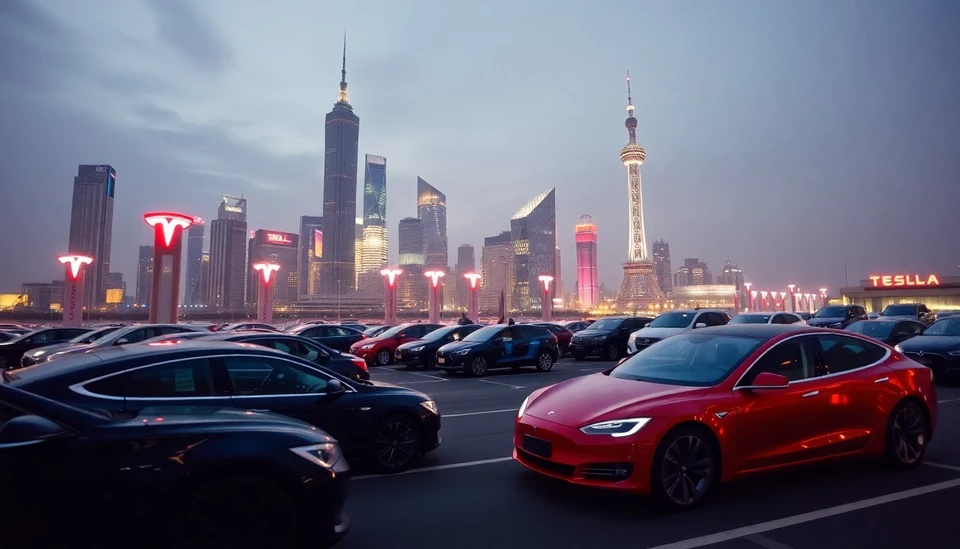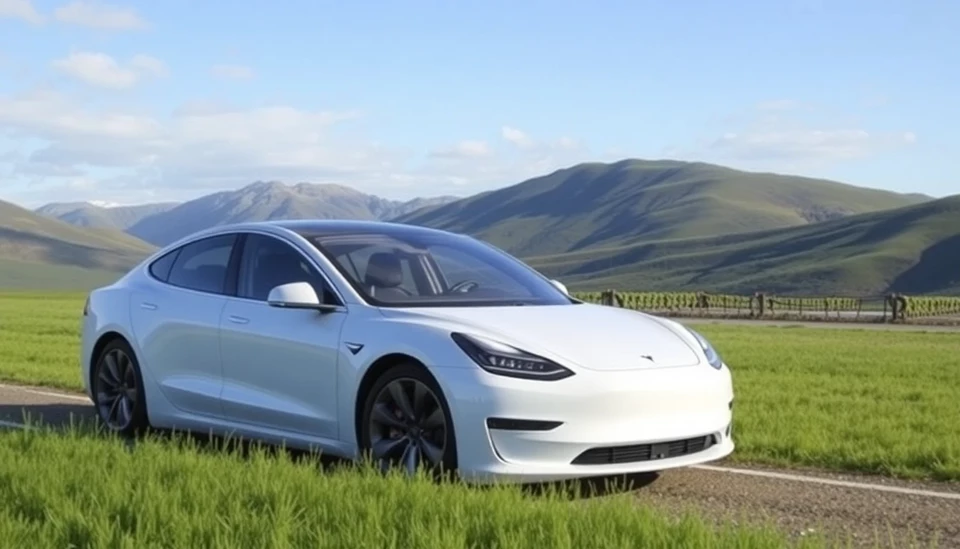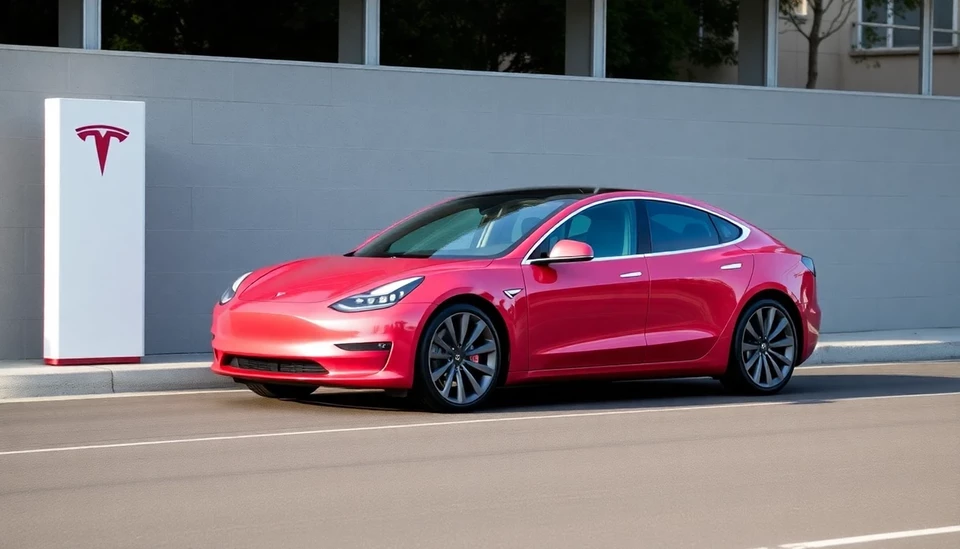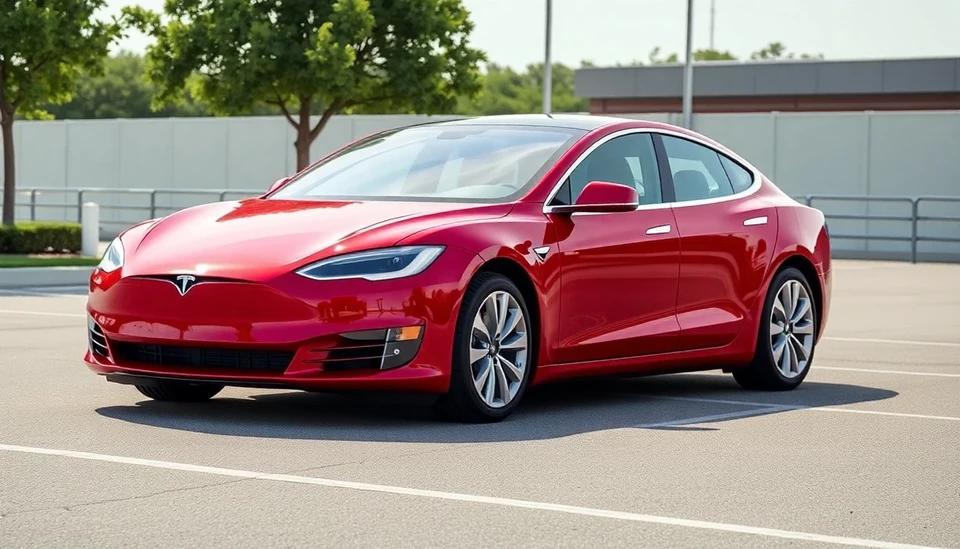
In a notable shift for Tesla, the company has reported a year-over-year decrease in shipments from its Shanghai factory, marking the first decline in annual deliveries since the factory’s inception. This news comes as the electric vehicle (EV) market in China experiences increasing competition and changing consumer preferences, affecting Tesla's once-dominant position in the region.
According to recent data, Tesla dispatched approximately 899,000 vehicles from its Shanghai plant in 2023, down from 1.1 million in 2022. This drop in shipment volume represents a significant challenge for the American automaker, which had seen robust growth in the Chinese market in the past years. Analysts are particularly concerned as this decline suggests a potential plateau in demand for Tesla vehicles in the world's largest EV market, where the competition has intensified with the rise of domestic brands and products.
The decrease in shipments can be attributed to various factors, including increased competition from Chinese electric vehicle manufacturers, changing government subsidies, and a growing consumer shift towards more affordable local brands. Companies like BYD and NIO have gained traction, offering consumers a wider array of EV options, often at lower price points than Tesla’s offerings.
Moreover, changing market conditions and consumer demand have prompted Tesla to reassess its strategies in China. In response to these challenges, Tesla has been focused on reducing prices and increasing production efficiencies, as evidenced by recent price cuts on several of its models in the Chinese market. These price adjustments aim to attract price-sensitive consumers and maintain market share amid fierce competition.
Tesla’s Shanghai factory was once seen as a cornerstone of its global strategy, significantly contributing to the company's revenue and production capabilities. However, as challenges build in the region, there are concerns about whether the factory can continue to operate at previous levels of efficiency and output. Tesla’s resilience in the face of such challenges will likely be tested in the coming quarters as the company seeks to adapt to the rapidly changing landscape of the Chinese EV market.
Looking forward, analysts remain divided on Tesla’s prospects in China. Some believe the company can regain its footing with strategic adjustments, while others warn that the fierce competition and evolving consumer trends could pose significant hurdles. The outcome of these challenges will play a crucial role in shaping Tesla’s future in the Chinese market and overall performance globally.
As the largest EV market in the world, China's automotive landscape is becoming increasingly complex. Tesla’s next moves will be crucial not only for the company’s continued success in China but also for its strategy worldwide.
In summary, Tesla's decline in shipments from its Shanghai factory underscores the evolving dynamics within the electric vehicle market. The company's ability to adapt to competition, consumer preferences, and market conditions will be critical for its future success in China and beyond.
#Tesla #ElectricVehicles #ChinaMarket #EVCompetition #AutomotiveIndustry
Author: Victoria Adams




